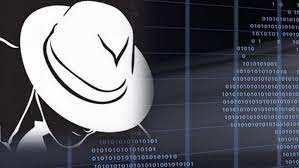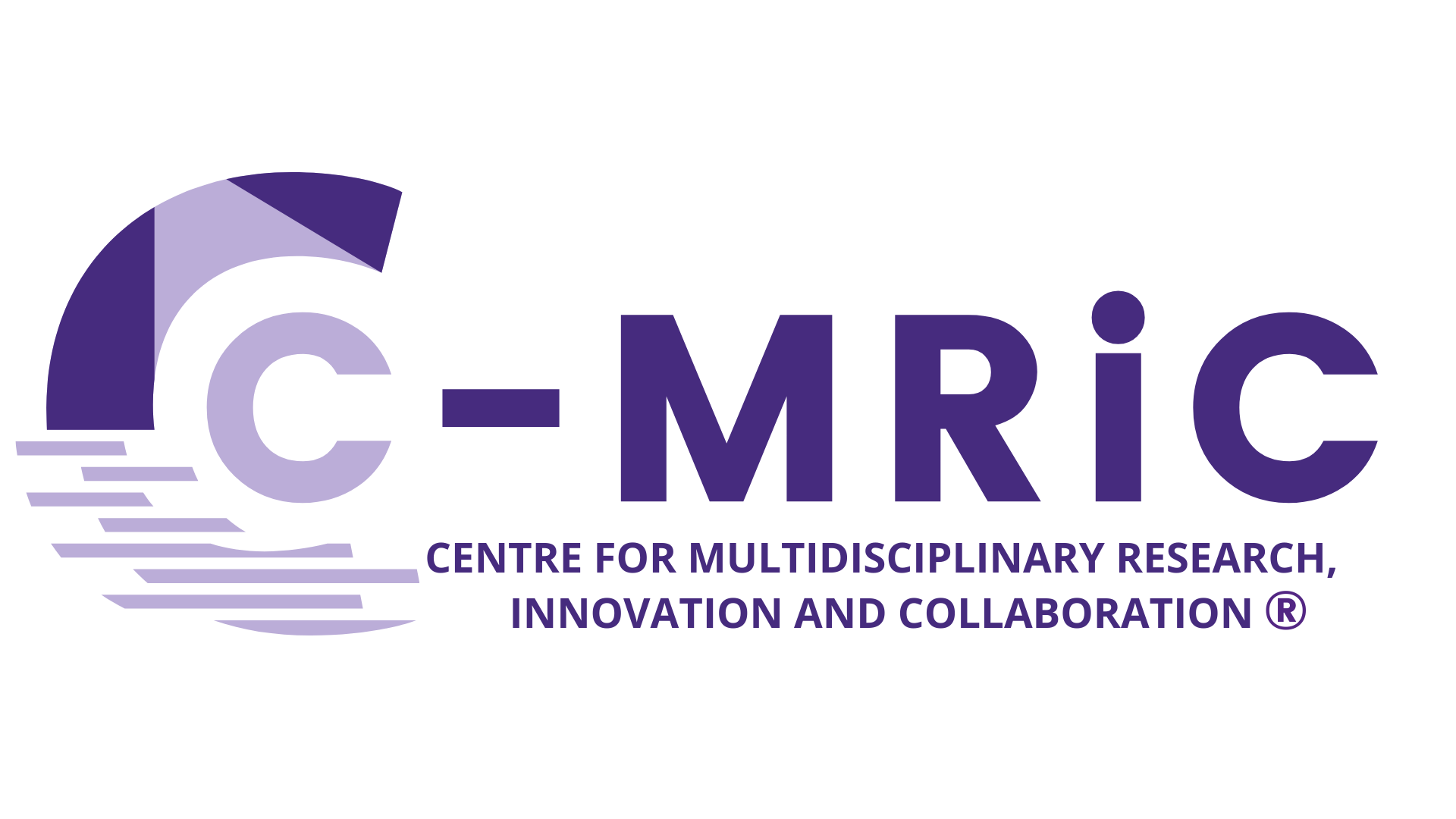Ethical Hacking

Covid-19 has completely revolutionized the way we work, with working from home quickly becoming the norm. This has placed an increasing importance on cyber security and ensuring that there is an appropriate level of security in place to protect the organisations data and resources. This has resulted in organisations making every effort to regularly analyse and review their cyber security efforts. This brings us to the topic of this blog – “Ethical Hacking”. So, what is it?
 What is Ethical Hacking?
What is Ethical Hacking?
This involves authorizing an attempt to gain unauthorized access to a system, data or application. This is done in an attempt to identify vulnerabilities that may exist in an organisation’s cyber security defenses.
The practice of ethical hacking is labeled as “White Hat” hacking. The individuals carrying out these “hacks” are generally referred to as “white hat” hackers.
What do these “White Hat” hackers do?
These hackers are employed with the specific goal of identifying vulnerabilities or areas of weakness in organisations systems. This is done to allow organisations to address these vulnerabilities to avoid malicious hacking attempts in the future.
Ethical hacking is also referred to as penetration testing or pen testing. The white hat hacker works with their client to agree on a scope and specific goals that they wish to achieve from the hacking process. This should outline the types of computers, systems, or applications that should be investigated. The hacker should also specify the extent to which efforts should be made to hack the systems. It is essential that the scope and goals of the project are described in detail and agreed upon before initiating any testing.
The hacker then needs to familiarize themselves with the client and their organisations. They should identify factors such as OS platforms, patch levels, users, IP addresses, advertised network ports, applications, and anything else that they could possibly exploit.
Following this, the hacker must then attempt to “break in” to the systems. Once the hacker has completed their efforts, they must then write up and present a report that outlines the main findings and conclusions from their activities.

Benefits of Ethical Hacking
Obviously, the main benefit of this technique is the potential it creates to inform, improve and defend organisational networks. The main threat that all organisations face is the potential of a black hat hacker. Through forming a better understanding of hacking techniques, learning more about them and gaining practice through implementing these techniques. This can go on to allow the organisation to prioritise the potential threats and risks they may face and form a solid understanding of how to remediate them.
The range of skills required for a White Hat Hacker
- Expertise surrounding search engines servers
- The capacity to utilise the most recent hacking tools and techniques
- A knowledge of databases
- Networking skills
- Expertise about programming
- Knowledge of scripting
- Familiarity with platforms such as Unix, Linux, Windows, etc
Make sure to register for this year’s Cyber Science conference to learn more about this topic as well as all of the most important advancements in the world of Cyber Security, Cyber Incident Response and Social Media.

 What is Ethical Hacking?
What is Ethical Hacking?